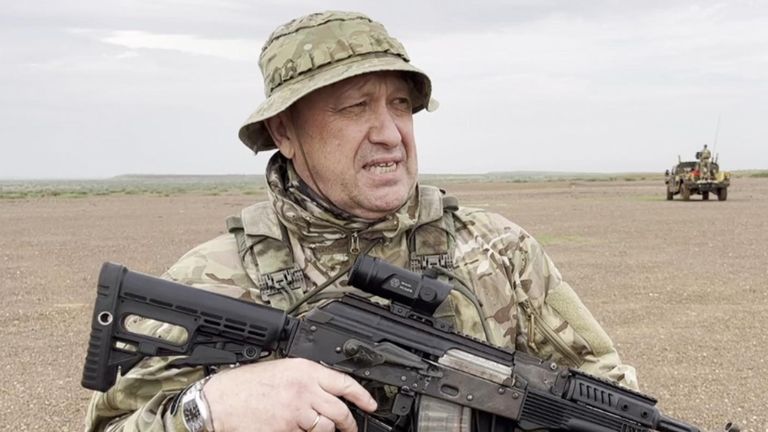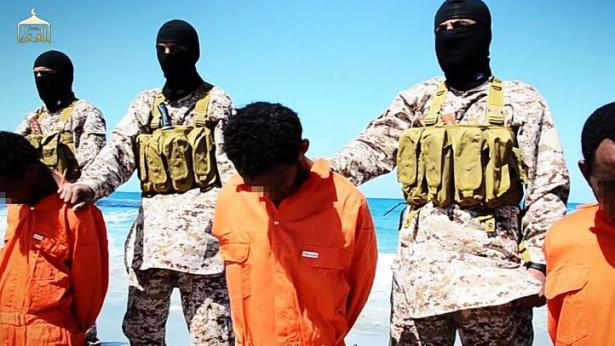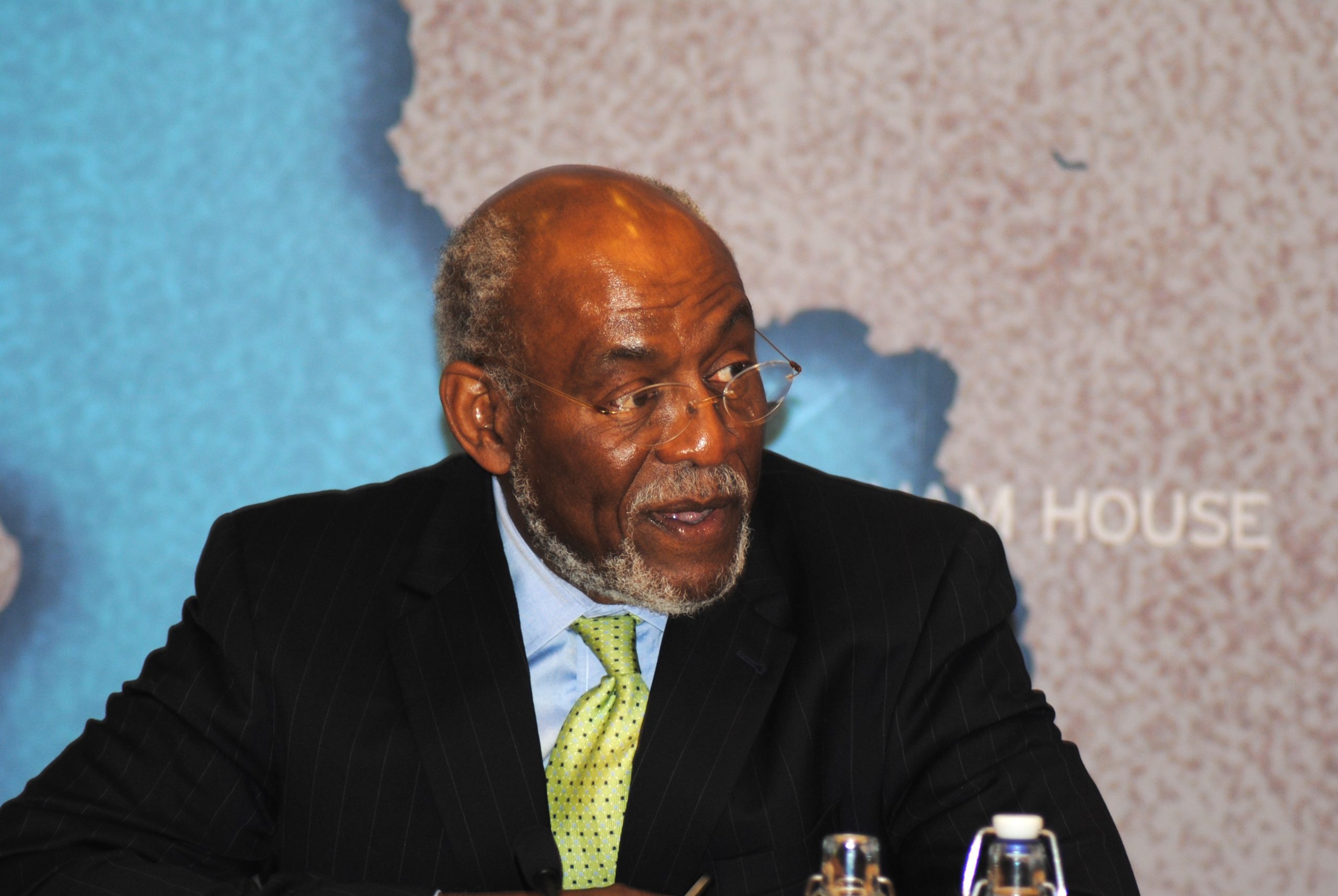Russian authorities on Sunday (27 August) confirmed the death of Wagner Group chief Yevgeny Prigozhin in a plane that crashed on August 23, sparking concerns for some client governments in Africa who rely on his unique services.
Russia’s presence in Africa depends heavily on the Wagner Group and since Prigozhin was the face of the group’s military operations in a number of African countries, experts largely agree that the Wagner machine in the continent will likely survive its leader’s death, though it may slow somewhat. To that end, many now wonder if military support from Russia in Africa will remain unchanged.
Although the once-powerful Russian private military company is now cast into a great uncertainty, Western experts and officials say it is unlikely that Moscow wants to squander the trained fighters, geopolitical inroads and business interests that Prigozhin cultivated since Wagner’s founding in 2014. The Kremlin is now reportedly considering ways to bring Wagner under more direct control of the Russian state.
According to Ryan Cummings, Director at Signal Risk, Centre for Strategies and International Studies (CSIS), Wagner’s operations in Africa may likely “continue as they have been doing for the past few months or even years in certain contexts.” When it comes to Wagner’s operations in the Central African Republic, Mali, Sudan and Libya, Cummings says he can see “no immediate indication that there has been a compromise in the relation between these countries’ commanders and the Putin administration.” He also believes that Wagner will likely undergo some leadership changes at the top ranks of the group, which will allow it to continue its operations in these countries without significant disruption.
For Raoufa’l Sani, a security analyst based in Niger, even long before Prigozhin’s death, the Wagner leader did not have the same force he used to have before the attempted coup in late June. “Since his aborted attempt to take power in Moscow, the Russian authorities have ensured that they take over his main activities in the world,” Sani said. He thinks nothing will change and that the importance of Wager in Niger or the Sahel is a question of belief: “The opinion in these countries is that the military and therefore the Western presence has not produced the desired results.”



